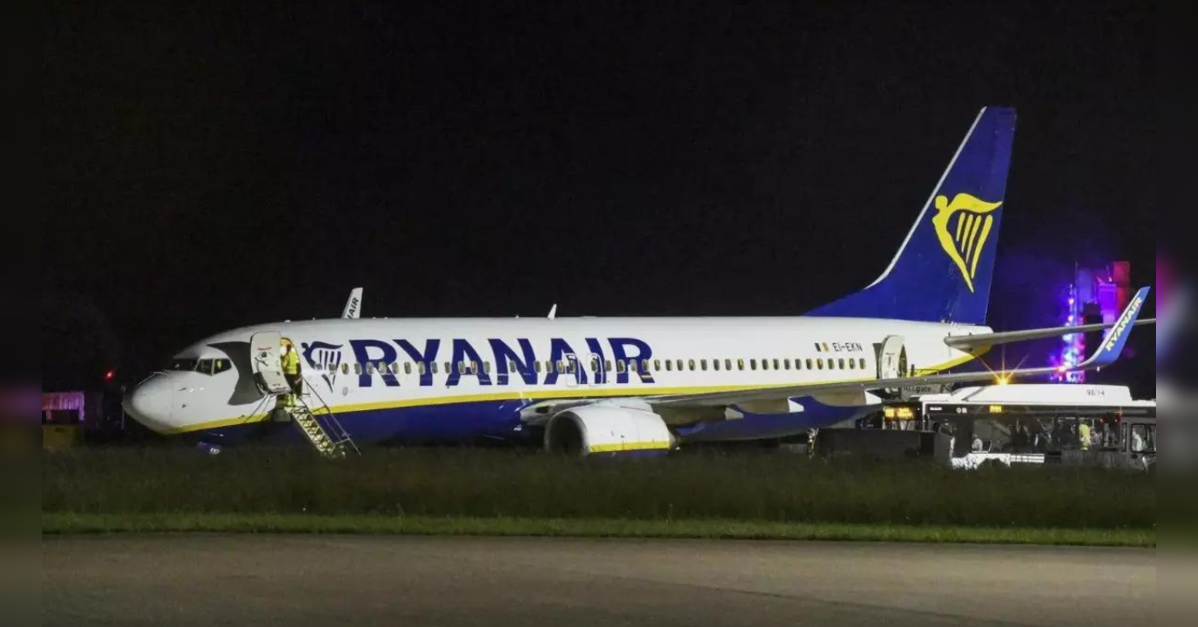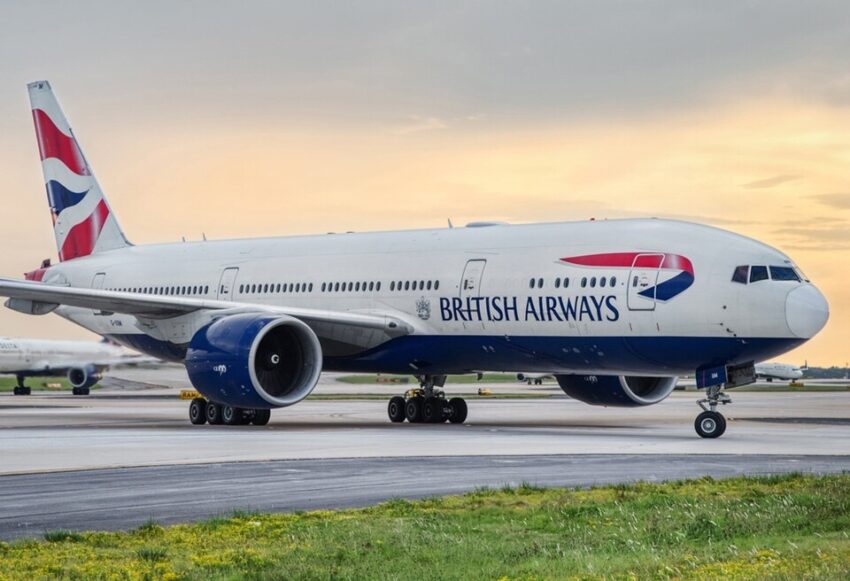British Airways, Singapore Airlines, Air France, and Finnair Face Rising Costs: Middle East New Travel Updates - Travel And Tour World
Monday, June 23, 2025

In the wake of the U.S. strikes on Iran, major international airlines, including , , , and , are grappling with the impact of restricted airspace in the Middle East.
With flight routes being rerouted or canceled to avoid conflict zones, airlines are facing significant operational challenges, increased fuel costs, and extended travel times.
The geopolitical developments in the region have already led to disruptions that are expected to continue for the foreseeable future.
Following the U.S. military strikes on June 21, 2025, several Middle Eastern countries, including , , and , closed their airspaces to civilian flights, forcing airlines to adjust their routes. The issued a Conflict Zone Information Bulletin (CZIB) advising against flying over these areas due to the heightened risks posed by missile and drone attacks. also shut its airspace on June 23, 2025, as tensions in the region escalated further.
As a result, airlines such as , , , and have suspended flights to and from key Middle Eastern hubs like , , and . Airlines have been forced to reroute flights, with some choosing alternative paths over the Caspian Sea, , and . While this ensures safety, these detours significantly lengthen flight times and increase operational costs due to higher fuel consumption.
was one of the first carriers to cancel several Middle East routes, including flights to and , after closed its airspace. Similarly, and followed suit, suspending several flights heading toward Gulf destinations. , already dealing with the logistical challenge of avoiding and airspace due to the ongoing conflict in Ukraine, has now halted flights to for the remainder of the month.
These route changes not only create disruptions for travelers but also add substantial costs to airlines, as they must fly longer routes. The rising cost of jet fuel, combined with the logistical hurdles of managing increasingly congested air corridors, is putting immense pressure on airlines already struggling to recover from the financial strain of the COVID-19 pandemic.
In response to the growing risks, has reiterated its advisory against flying over Iran, Iraq, Israel, Jordan, and Lebanon due to the risk of military activity and the increasing reach of modern missile and drone attacks. The agency also recommended caution when flying over certain parts of Saudi Arabia and Egypt due to the potential spillover from the regional conflict.
As airlines reroute flights to avoid these regions, air traffic control (ATC) delays in European skies are also mounting. The closure of Ukrainian airspace and the ongoing restrictions in Russia already had an impact on global flight traffic, and the newly restricted Middle Eastern airspace is exacerbating congestion.
For travelers, the airspace closures mean longer flight times and possible delays. Passengers traveling from Europe to Asia may experience significantly longer journeys as airlines avoid flying over the Middle East. For example, a flight from London to Japan, which previously flew over Russian airspace, may now require a much longer detour around the Middle East and Central Asia. Similarly, flights to India from the West are also facing delays as they avoid the increasingly crowded skies over the region.
Travelers are advised to check with their airlines for updates on flight schedules. Many airlines have already sent notifications to passengers regarding cancellations or delays and are offering the option to rebook flights for those affected. Government travel advisories are also urging travelers to stay informed about the evolving situation, especially as military tensions continue to rise.
The escalating conflict in the Middle East is putting additional financial strain on an already fragile aviation industry. The need to reroute flights, coupled with the increasing cost of fuel, means that airlines are facing higher operational expenses. As a result, ticket prices may rise as airlines attempt to absorb these additional costs. The industry’s ability to weather these disruptions will depend on the duration of the geopolitical crisis and the willingness of passengers to adapt to longer travel times.
Moreover, airlines with a significant presence in the Gulf region, like Emirates and Qatar Airways, are continuing to operate most of their services as normal. However, this stability is not shared across all carriers, especially those in Europe and Asia, who are forced to make tough decisions about which routes to maintain and which to cancel.
As the situation in the Middle East continues to develop, airlines and passengers alike face a period of uncertainty. The aviation industry’s resilience will be tested as it navigates the increasingly complex geopolitical landscape. For now, travelers heading to or from the Middle East should expect longer flight durations, possible cancellations, and higher operational costs that may impact ticket prices.
The broader implications for global air travel remain to be seen, but what is clear is that airlines must remain adaptable in the face of ongoing geopolitical instability. The situation also highlights the vulnerability of the aviation sector to geopolitical events, which can quickly shift airspace access and disrupt established routes.
Tags: Afghanistan, Air France, Air France-KLM, airlines, Airspace Restrictions, aviation costs, british airways, Egypt, finland, finnair, flight rerouting, france, Georgia, India, international airlines, iran, iraq, jordan, lebanon, Middle East conflict, QATAR, saudi arabia, Singapore, Singapore Airlines, Syria, U.S., United Arab Emirates, United Kingdom, United States, US strikes on Iran









